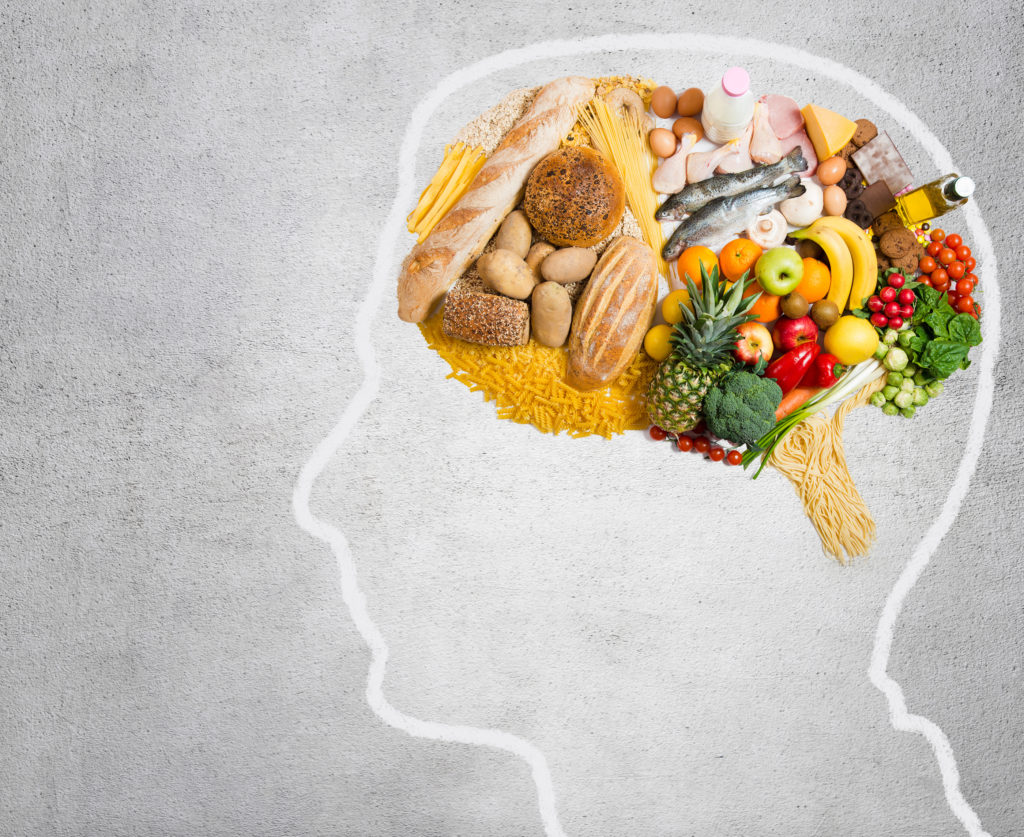
Watching what individuals eat could be a major step towards better psychological wellness, as indicated by a nutritional therapist.
Kristina Virro, a registered dietitian and therapist with Fresh Insight, told Brent Loucks that people’s eating routine ought to be a significant part of therapy.
She said eating admirably can help decrease physical symptoms and directly advance the brain’s wellbeing.
“(Reducing) inflammation in the brain and the body overall is helpful for not only mental health,” she said.
“If you are eating foods that aren’t healthy, they’re actually just burdening your body and specifically your immune system.”
Another advantage, Virro included, was the manner by which rapidly changes in an eating regimen can be made. This considers some quality of life enhancements before beginning lengthy psychotherapy.
“Cutting out caffeine or limiting sugar consumption. Those are things you can do the moment you leave my office.”
Virro said having a healthy eating regimen could likewise help prevent diseases, for example, Alzheimer’s.
She said diet as a part of therapy is likewise a well-established field that is overlooked too often.
“When people come in and they’re saying ‘I’ve been feeling really anxious lately, I don’t know what’s going on,’ and then I’ll see them drinking (a large) coffee from Starbucks at 7 p.m,” she recalled.
“That’s got to have something to do with it… there’s definitely a link there.”
To begin eating better, she suggested cutting out processed foods and eating healthy fats with omega 3 fatty acids.
Virro referred to the Mediterranean eating routine, which underscores eating nourishments like fish, fruits, and vegetables and limiting meats, cheese, and sweets, as a good example.
Disclaimer: The views, suggestions, and opinions expressed here are the sole responsibility of the experts. No Open Headline journalist was involved in the writing and production of this article.
